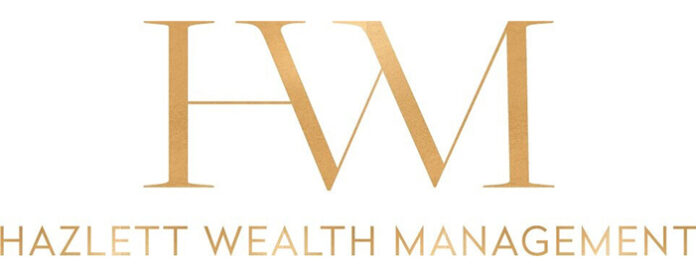BY SUZANNE HAZLETT, MBA, CIMA®, CFP®
“Paperwork wouldn’t be so bad if it weren’t for all the paper. And the work.” – Darynda Jones

Could your loved ones find your current will and power of attorney in an emergency? If you had to evacuate your home, could you quickly access your passport, deeds, and keepsakes? Are your physical documents in a watertight, fireproof safe?
Equipping yourself for digital success – Digital storage has many upsides. You don’t have to pay as much attention to space restrictions as you would with physical files. Also, it’s easier to share and keep items securely, and you can search for files by dates or keywords.
Think like an estate executor – The most crucial papers to organize are the ones those closest to you will need when you’re no longer around. This includes your will, bank statements, insurance policies, and birth certificate. When it comes to notarized physical documents, storing them in a fireproof safe makes sense for most. Be sure your family knows where the safe is, how to get into it, and what they can expect to find inside. You can also keep an extra copy in a safe deposit box or with your estate attorney.
Know what to keep – Certain official records deserve physical safekeeping, such as passports, Social Security cards, birth certificates and adoption decrees, property and vehicle deeds, marriage certificates, divorce decrees, signed and notarized powers of attorney, a will, and medical directive paperwork.
Design a breadcrumb trail – This tip is especially relevant for worst-case-scenario documents such as your medical directive. Experts recommend keeping a copy in your car’s glove box and giving copies to your doctor and your preferred healthcare proxy. You can list these as “in case of emergency” or ICE contacts on your wallet card and your smartphone’s emergency call screen. Don’t forget about digital access that your loved ones will one day need, which means everything from email and bank accounts to sentimental photos.
Create a command station – Many professional organizers recommend homeowners use a central collection spot for notes, bills, reminders, and actionable items. To make this a working system, you’ll want to sort through it regularly, whether daily or weekly.
Progress, not perfection – Start small. Pick one tip that speaks to your specific situation and take action. What feels like a small win today could make a lasting difference for your loved ones.
Suzanne Hazlett, MBA, CIMA®, CFP®, is a Certified Investment Management Analyst® and CERTIFIED FINANCIAL PLANNERTM professional. Investment advisory services are offered through Raymond James Financial Services Advisors, Inc. Securities are offered through Raymond James Financial Services, Inc., member FINRA/SIPC. HAZLETT WEALTH MANAGEMENT, LLC is independent of Raymond James and is not a registered broker/dealer. 675 Sun Valley Road, Suite J1 + J2, Ketchum, Idaho, 83340 208.726.0605 HazlettWealthManagement.com



